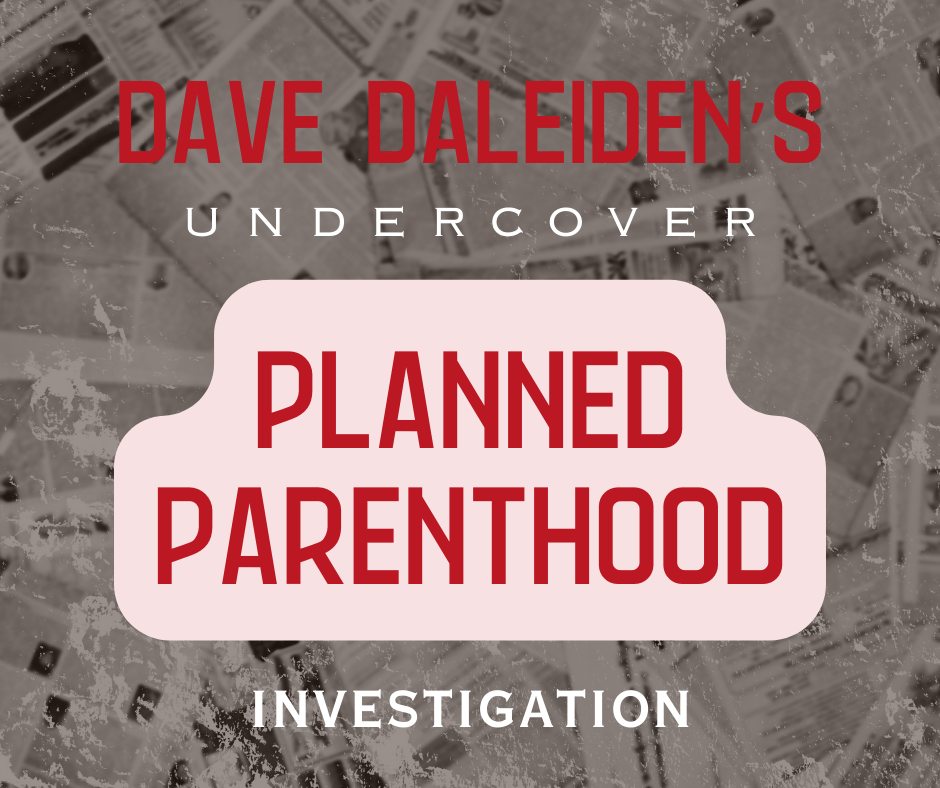You may recall reading about citizen journalist David Daleiden in 2016 when he, along with FPIW, was sued by Planned Parenthood after filing public records requests (PRRs) pertaining to Planned Parenthood’s relationship with the University of Washington’s Birth Defects Research Laboratory in an effort to uncover details of the state-funded university’s program to buy and sell the organs of aborted children. FPIW and Daleiden filed PRRs requesting the same details just days apart, and both were listed as defendants in the suit.
This case was resolved in 2022 when, after years of fighting to keep their records hidden, the University of Washington was ordered to pay Daleiden’s attorney fees and release the requested documents, unveiling the university’s purchase and sale of aborted fetal body parts.
However, the 2016 case involving Daleiden’s public record request was a small facet of a larger 30-month undercover investigation, during which he operated along with Sandra Merritt and their organization, the Center for Medical Progress. Their investigation faced numerous roadblocks in the legal system and ultimately resulted in a three-member panel of the Ninth Circuit ruling against them in October of 2022, awarding damages to Planned Parenthood. The case revolved around the release of videos showing Planned Parenthood affiliated executives “haggling over prices of aborted baby body parts and discussing how they change abortion procedures to obtain more intact organs.”
The court ruled against Daleiden and Merritt without allowing the jury to watch the videos from their investigation and without requiring Planned Parenthood to prove that the recorded conversations which occurred in public spaces were “confidential,” as the organization alleged.
The 2022 ruling is now under question after the Ninth Circuit ruled in Project Veritas v. Schmidt that “Oregon’s ban on surreptitious recordings of conversations is a content-based restriction that violates the First Amendment right to free speech and is therefore invalid,” as explained by Liberty Counsel.
Although the Supreme Court recently declined to re-hear the Sandra Merritt case, the decision by the Ninth Circuit to invalidate Oregon’s recording law occurred after that decision, opening the door for a new bid to SCOTUS.
“The recent decision in Project Veritas justifies reversing the previous unconstitutional judgment against Sandra Merritt and others arising from California’s recording law,” Liberty Counsel Founder and Chairman Mat Staver said. “Since much of the civil trial was premised on the so-called ‘illegal recording,’ a new trial is warranted for the remaining claims. This case is not over.”
This case has far-reaching implications for free speech liberties as well as undercover journalism, and we hope to see it before the Supreme Court for a fair and accurate evaluation.







